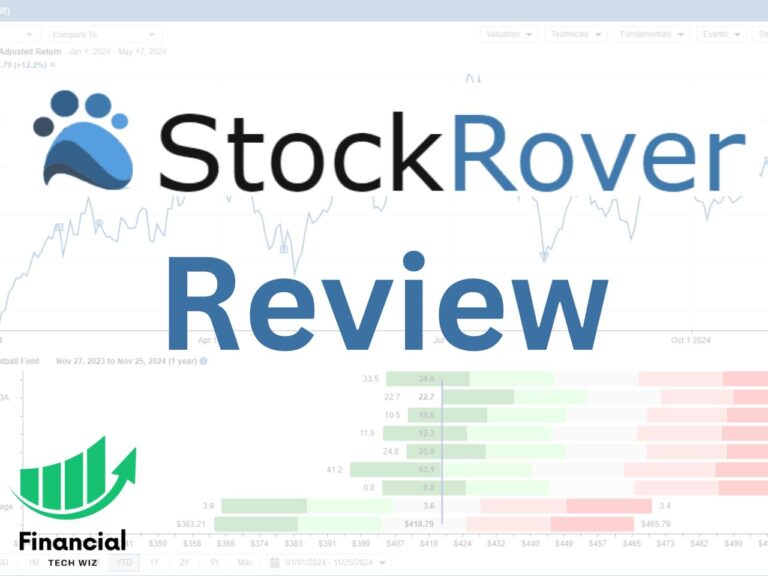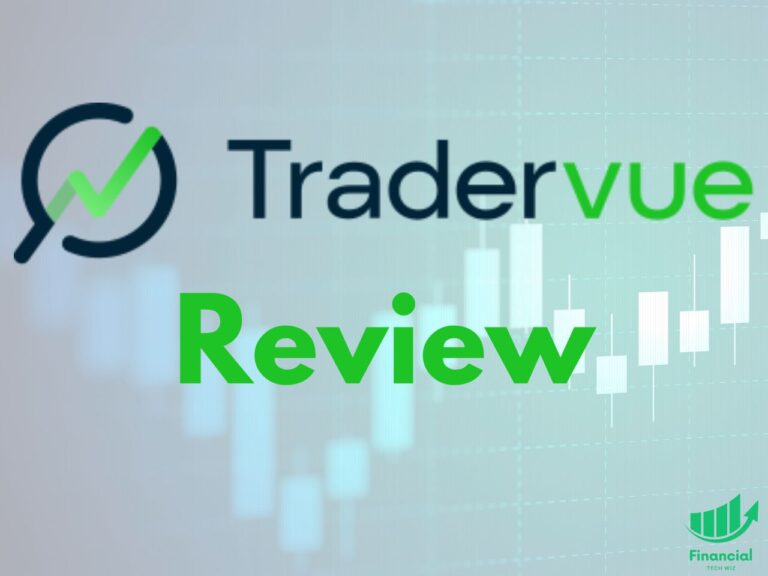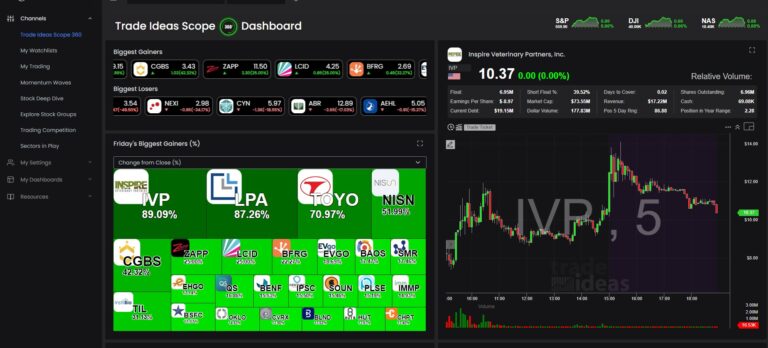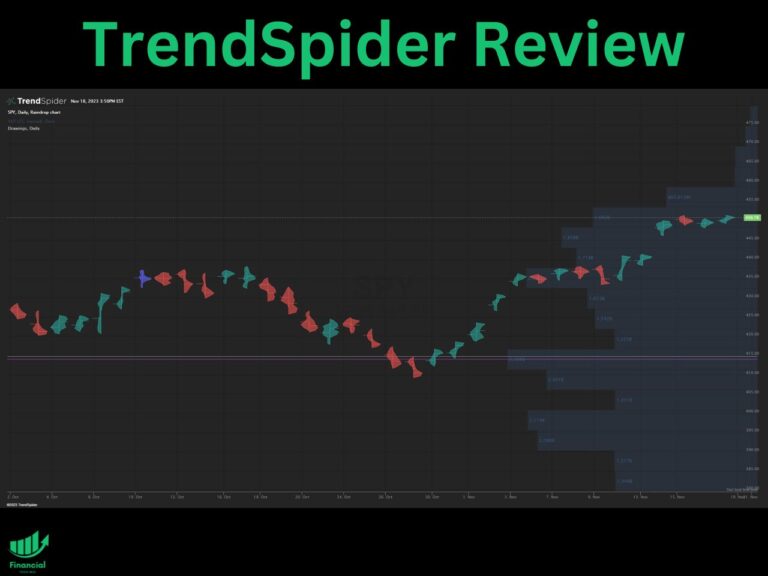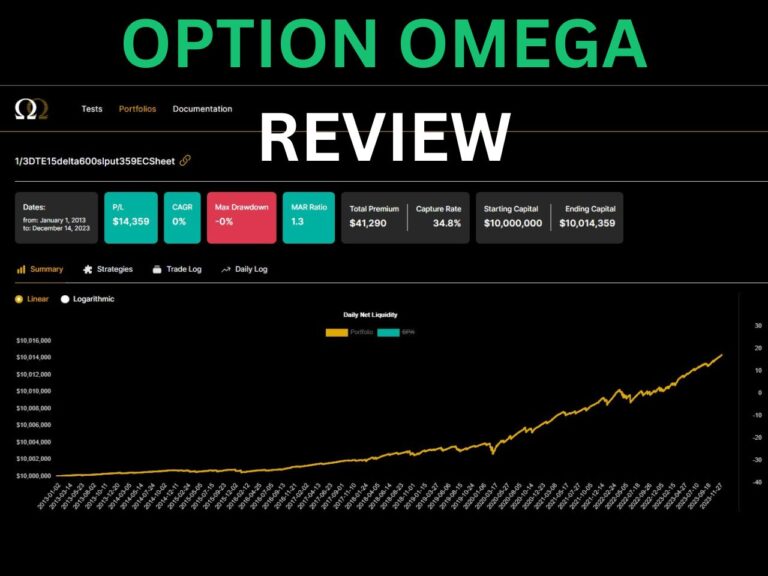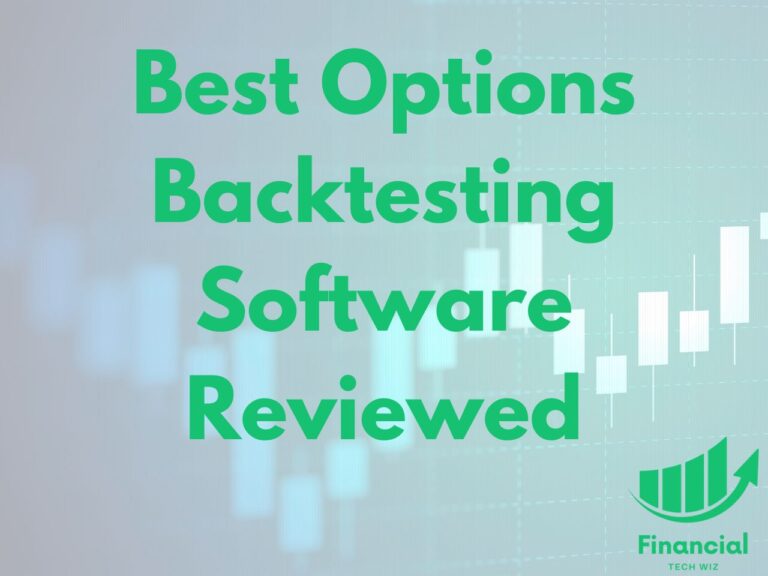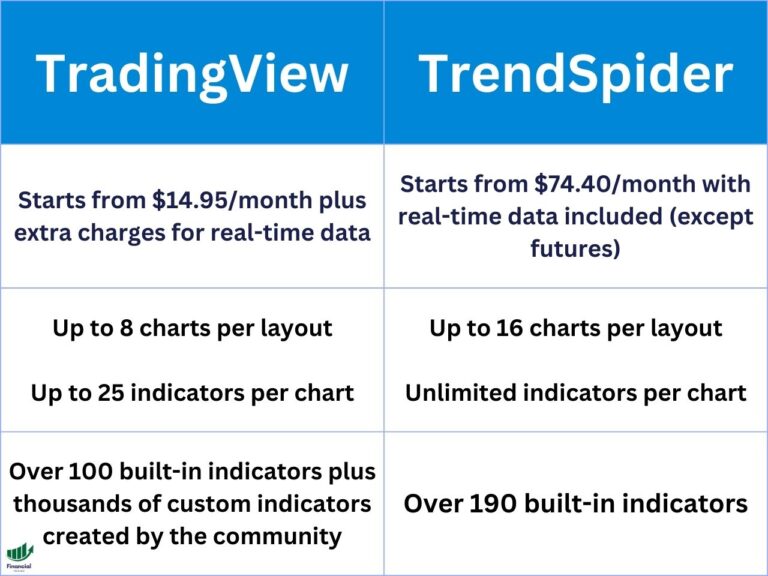Robinhood vs. Sofi: Ultimate Comparison
Robinhood and SoFi offer distinct features tailored to different types of investors. This detailed comparison explores each platform’s offerings, from fees and trading options to user experience and additional services, helping you decide which might be the best fit for your investment needs.
Key Takeaways
- Both platforms offer zero-commission stock and ETF trades, but Robinhood provides more extensive tools for active traders, including 22 cryptocurrencies and advanced charting capabilities on the Robinhood Legend desktop app.
- SoFi serves as a comprehensive financial hub offering high-yield checking and savings accounts, various loan options, and access to financial advisors, making it ideal for holistic financial management.
- Choosing between Robinhood and SoFi depends on your trading preferences and financial goals, with Robinhood catering to tech-savvy traders and SoFi appealing to those seeking a broad range of financial services.
- No options commissions
- Better for trading than SoFi
- Extended hours trading
- Offers banking and brokerage accounts
- Offers personal loans
- Tool to auto track net worth
Platform Snapshot
| Feature | Robinhood | SoFi Invest |
|---|---|---|
| Founded / HQ | 2013 / Menlo Park, CA | 2011 / San Francisco, CA |
| Minimum Deposit | $0 | $0 |
| Tradable Assets | Stocks, ETFs, 22 crypto, Options, Fractional | Stocks, ETFs, Mutual Funds, Options, OTC, Fractional |
| IRAs Offered | Yes Roth and Traditional | Traditional, Roth, SEP, Rollover |
| Banking | Cash-sweep debit & credit card | Checking & Savings (APY), Debit & Credit, Loans |
Business Model & Revenue Streams
Robinhood primarily earns through payment-for-order-flow, margin interest, Gold subscription fees, and cash-sweep spreads. Its model focuses on providing a straightforward, user-friendly interface that appeals to active traders. Conversely, SoFi generates revenue through net interest on loans, interchange fees from banking products, assets under management (AUM) fees, and a cross-sell pipeline of financial products. This diverse revenue model supports SoFi’s broader range of services, emphasizing user engagement across banking and investment products.
User Interface & Experience
Robinhood offers a seamless trading experience across its native iOS, Android, and web platforms. It has simplified the trading process to minimal taps, supporting quick and efficient user actions. SoFi’s platform, built with Flutter, provides an integrated dashboard that combines spending tracking, credit score monitoring, and net-worth assessments into a cohesive user experience. Both platforms aim to streamline user interaction but focus on different aspects of the financial journey.
Account Types & Product Line-Up
- Both platforms support taxable, joint, and fractional share trading with a minimum of $1.
- SoFi offers a range of IRAs and an automated robo-advisor service, SoFi Automated, catering to varied retirement planning needs.
- Robinhood does not provide IRA accounts but offers Level 3 options trading and access to IPOs for sophisticated traders.
Fees & Pricing Details
| Cost Item | Robinhood | SoFi Invest |
|---|---|---|
| Stock & ETF Trades | $0 | $0 |
| Options – Per Contract | $0 | $0 |
| Options Exercise / Assign | $0 | $5 |
| Margin Rate (≤ $50k) | ~5% (Gold) | Higher tiered rate |
| Robinhood Gold / SoFi Plus | $5/mo (Gold) | Direct-deposit unlocks SoFi Plus perks |
| IRA Annual Fee | $0 | $0 |
| IRA Closure | $0 | $20 |
| ACAT Out Transfer | $75 | $75 |
| Crypto Trade Fee | Spread only | 1.25% markup (when available) |
Trading Platforms & Tools
| Feature | Robinhood | SoFi |
|---|---|---|
| Web Platform | Yes | Yes |
| Desktop Download | No | No |
| Indicators / Studies | 16 | 0 |
| Drawing Tools | 23 | 0 |
| Watch-List Columns | 3 | 3 |
| Ladder Trading | Yes | No |
| After-Hours (Mobile) | 7 am–8 pm ET | Limited |
| Paper Trading | No | No |
Mobile App Deep Dive
Robinhood’s mobile app includes six technical studies, instant deposits up to $1k for free (higher tiers with Gold), and comprehensive alerts for price changes and corporate actions. It also supports Apple Watch, enhancing accessibility for on-the-go trading. SoFi’s app features same-day ACH limits and basic push notifications but lacks advanced charting and alert systems, focusing more on overall financial management than active trading.
Education & Research
| Feature | Robinhood | SoFi Invest |
|---|---|---|
| Stocks / ETF Articles | ✔️ | ✔️ |
| Mutual-Fund Coverage | — | ✔️ |
| Webinars | ✔️ | ✔️ |
| Videos / Quizzes | — | — |
| Stock Screener | ✔️ | — |
| Portfolio Allocation Pie | — | ✔️ |
Banking & Cash Management
SoFi offers a comprehensive banking suite with checking and savings accounts yielding APY, alongside a full range of loan products. Robinhood provides a cash sweep feature with a APY for Gold members and a broad network of ATMs accessible via its debit card, but lacks traditional banking services like check writing and loans.
Safety, Regulation & Support
Both platforms offer SIPC insurance up to $500k for securities, with additional FDIC insurance for SoFi’s cash management accounts. After a significant data breach in 2021, Robinhood has enhanced its security measures. Support options include phone, chat, and email for SoFi, while Robinhood offers in-app callbacks and email support with a typical 24-hour response time.
Pros & Cons Cheat-Sheet
Robinhood
- Pros: Advanced mobile UX, extensive crypto options, competitive margin rates, and extended trading hours.
- Cons: Limited account types, no mutual funds, and occasional platform outages.
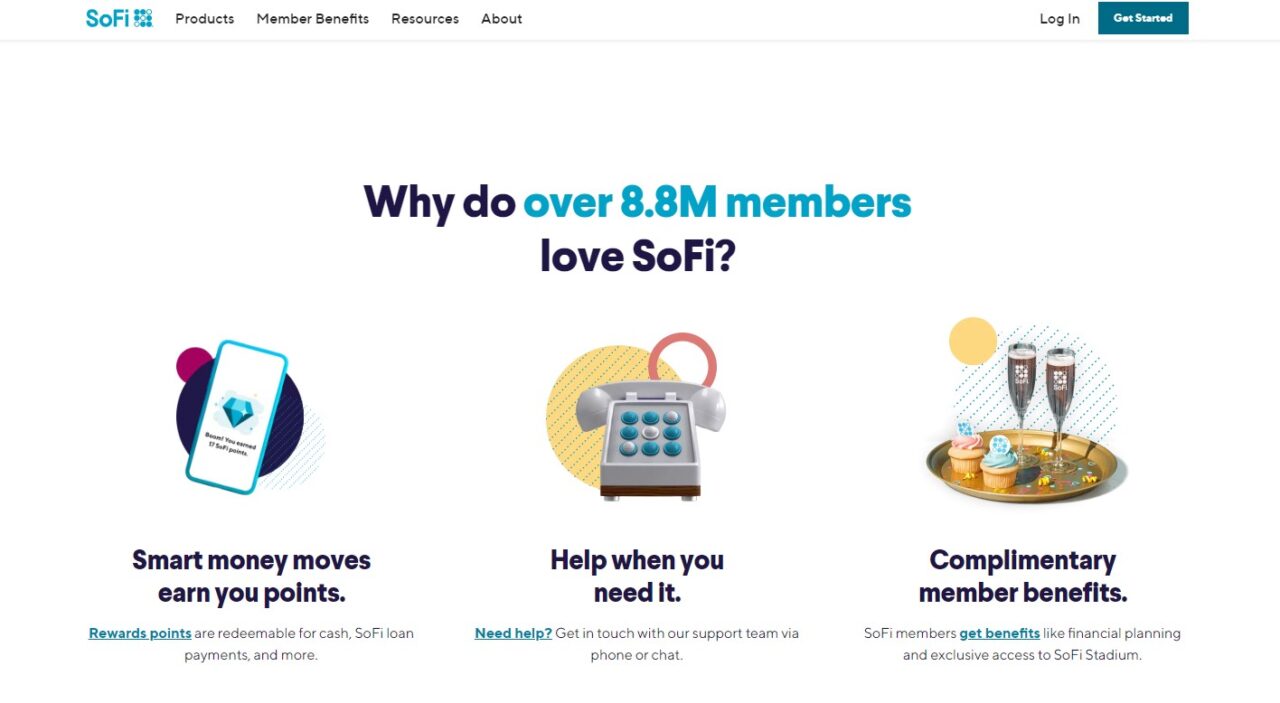
SoFi
- Pros: Integrated financial services, high APY on cash accounts, access to financial advisors, and a wide range of investment products.
- Cons: Basic trading tools and fees for options exercises.
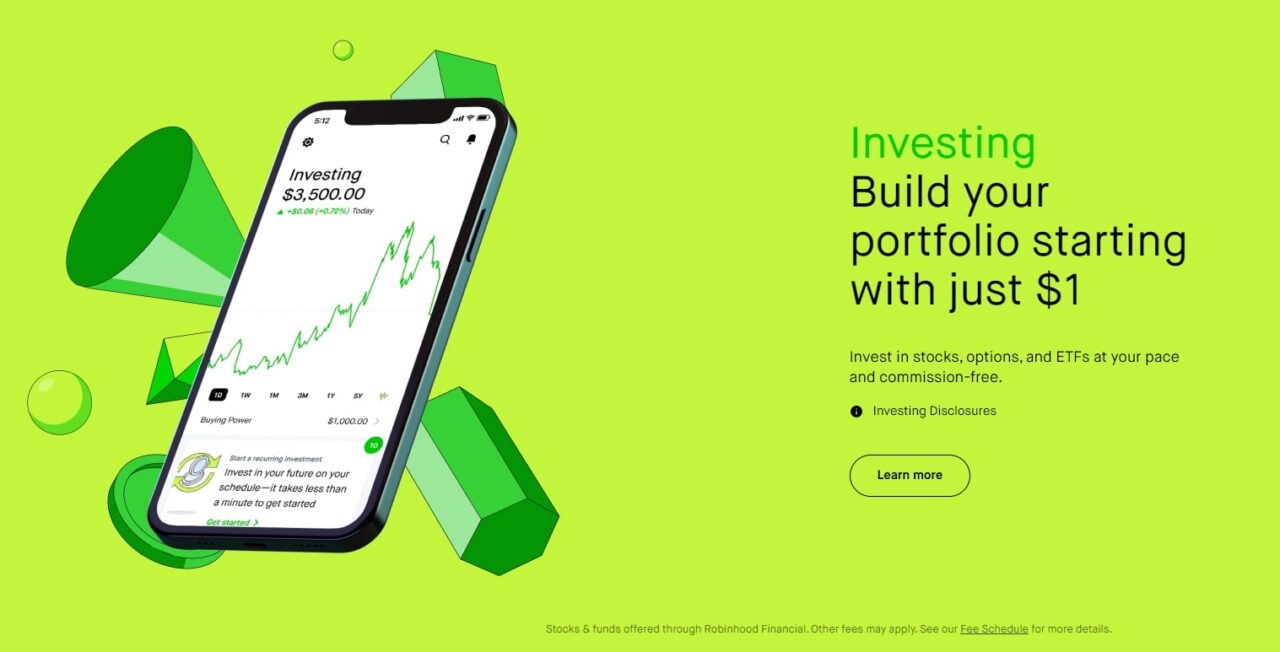
Ideal User Profiles
Pick Robinhood if you’re an active trader interested in a wide range of assets, including cryptocurrencies, and prefer a streamlined, tech-forward trading experience.
Pick SoFi if you value a comprehensive financial ecosystem with high-yield savings, loan options, and investment products under one roof, supported by professional financial advice.
Alternatives to Compare Next
- Charles Schwab with thinkorswim for desktop trading power.
- Fidelity for in-depth research capabilities.
- Webull for advanced paper trading options.
- Public.com for a social investing experience.
Bottom Line
Robinhood remains the preferred choice for dedicated traders looking for a robust, intuitive trading platform, while SoFi excels as a versatile financial hub suitable for users seeking comprehensive financial management. Your decision should align with your specific financial goals, whether they lean towards specialized trading or encompass broader financial planning.
FAQ
Is Robinhood a bank?
No, Robinhood is not a bank but offers some banking-like features such as a cash management account.
Which platform charges lower margin rates today?
Robinhood typically offers lower margin rates compared to SoFi, especially for balances under $50,000.
Does Robinhood support mutual fund investing?
No, Robinhood does not offer mutual fund investing.
Is Robinhood Gold worth $5/month for beginners?
For beginners aiming to expand their trading capabilities and access premium features like Level 2 data, Robinhood Gold can be a valuable investment.
Does SoFi Automated provide tax-loss harvesting?
No, SoFi Automated does not currently offer tax-loss harvesting.
Can I buy fractional shares on both?
Yes, both Robinhood and SoFi offer fractional share investing.
Which app is better for options day trading?
Robinhood is generally better suited for options day trading due to its advanced trading tools and zero options exercise fees.
Related Trading Platform Comparisons
Fidelity vs Interactive Brokers
Get Your Free Trading Resources
Grab the free trading journal template plus the same tools we use to stay organized, consistent, and objective.
- Free trading journal template
- Custom indicators, watchlists, and scanners
- Access our free trading community
Enter your email below to get instant access.
No spam. Unsubscribe anytime.

